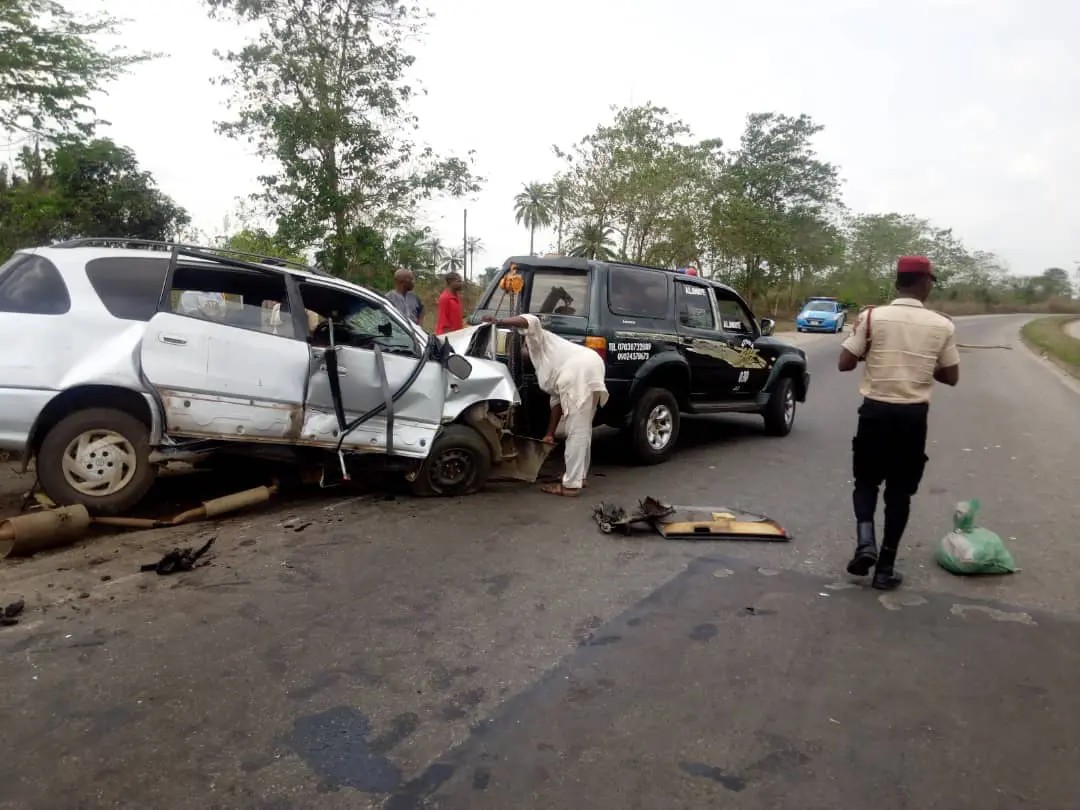Eminent historians and women’s advocates have decried the longstanding erasure of women from Africa’s intellectual history, warning that colonial legacies and text-centric traditions have silenced women’s contributions to the continent’s story.
This call to re-examine African women’s visibility came during the Toyin Falola Interviews on Sunday, where a distinguished panel engaged with Women in Africa, a new book authored by Professor Toyin Falola and Dr. Jumoke Yacob-Haliso. The session, moderated by Professor Abimbola Adelakun of the University of Texas at Austin, featured leading voices including Professors Mary Owusu, Damilola Agbalajobi, Tinuade Ojo, Christine Vogt-William, and Khushi Singh Rathore.
Professor Mary Owusu, a historian and specialist in Ghanaian intellectual traditions, was unequivocal in her critique of women’s exclusion. Drawing from her own scholarship, she revealed how male thinkers had long dominated narratives of nationalism and nation-building.
“Where are the women? Because I kept writing about men as thinkers,” she admitted. But she quickly reframed the question: “I realised the better question is not so much where are the women as why are there no women in African intellectual history? Why aren’t they on that same footing?”
Owusu attributed much of the erasure to methodology. “We are text-centric. We pick books. A lot of these women wrote, but they did not write ‘great books’—that’s why I miss them, that’s why many people also miss them. But does that make their contributions less?” she asked.
To illustrate, she cited the case of a Ghanaian pioneer who lived to the age of 101. Known as the country’s first female pharmacist, her impact stretched beyond science into finance, where she founded one of Ghana’s most successful rural banking ventures. “It’s not just her, there are other women,” Owusu insisted, arguing that women’s intellectual labour is often hidden because it is expressed through action, leadership, and community work rather than traditional scholarly texts.
Her intervention highlighted the book’s central argument: that rewriting African intellectual history requires new sources, methods, and ways of recognising knowledge.
Expanding the discussion, Professor Damilola Agbalajobi situated women’s invisibility within the shifts caused by colonial and postcolonial structures. She explained that in many precolonial African societies, women held significant political power as heads of state, queens, and princesses. But colonial rule undermined these roles, reshaping governance and land tenure to favour male chiefs.
“Colonial administrations barred women from formal councils, and things changed,” she said. These disruptions created patterns of exclusion that persisted even after independence.
Yet, Agbalajobi also pointed to milestones of progress. “As at 2024, we have about 41 African countries that have implemented some forms of gender quotas at national or local level. That is progress for women,” she observed. For her, Women in Africa provides a crucial lens through which to understand both the setbacks and advances in women’s participation in governance.
For Professor Christine Vogt-William of the University of Bayreuth, the problem went beyond representation to the very structures of knowledge production. She argued that African feminist epistemologies—frameworks rooted in African women’s experiences—are essential for transforming how knowledge about the continent is produced and valued.
“In my endeavours, I have identified the importance of African feminist epistemologies and their contribution towards the production of knowledge in African Studies pertinent to the 21st century,” she said. She described Women in Africa as “a highly relevant volume… conducive for research and teaching in African Studies itself.”
Her intervention emphasised that decolonising African Studies requires more than adding women to existing narratives—it demands new methodologies that challenge the coloniality of power in scholarship itself.
Professor Tinuade Ojo of the University of Johannesburg drew attention to women’s economic agency, often overlooked in both academic and policy discourse. She praised the book as “a bold discourse that enriches a body of knowledge by interrogating history, power, gender and agency from African women’s perspective.”
Citing the chapter on African women’s economic activities, she reminded the audience that “women have always been at the forefront of Africa’s economic survival, whether in agriculture, in trade in informal markets, or entrepreneurship. Yet their contributions are often undervalued and underdocumented.”
For Ojo, recognising these histories is not merely about visibility but about shaping more equitable development frameworks for the 21st century.
Though not an Africanist by training, Professor Khushi Singh Rathore reflected on the global relevance of the book. Drawing from her background in South Asian feminist history, she said the volume challenged her to rethink assumptions about uniqueness in historical writing.
“Often when I’m writing, I keep thinking to myself, as if what is happening to your society is unique,” she explained. “But as the book shows, the way gender transcends across societies, there are also similarities we can draw from.”
She particularly noted the significance of transnational histories of women’s activism, many of which remain absent from mainstream accounts of international relations.
Together, the interventions underscored a central theme: reclaiming women’s intellectual contributions is not simply about correcting historical oversight, but about rewriting Africa’s history itself. The discussion revealed how women have been systematically silenced through colonial structures, scholarly traditions, and disciplinary blind spots—but also how new frameworks are emerging to redress these gaps.
As Owusu noted, the challenge is not merely to “find” women but to question the very definitions of intellectual work. Agbalajobi reminded the audience that progress, though uneven, is being made. Vogt-William urged a reconfiguration of knowledge systems, while Ojo insisted on recognising women’s economic power as central to Africa’s survival. Rathore, finally, showed how African women’s stories resonate within broader global histories.






